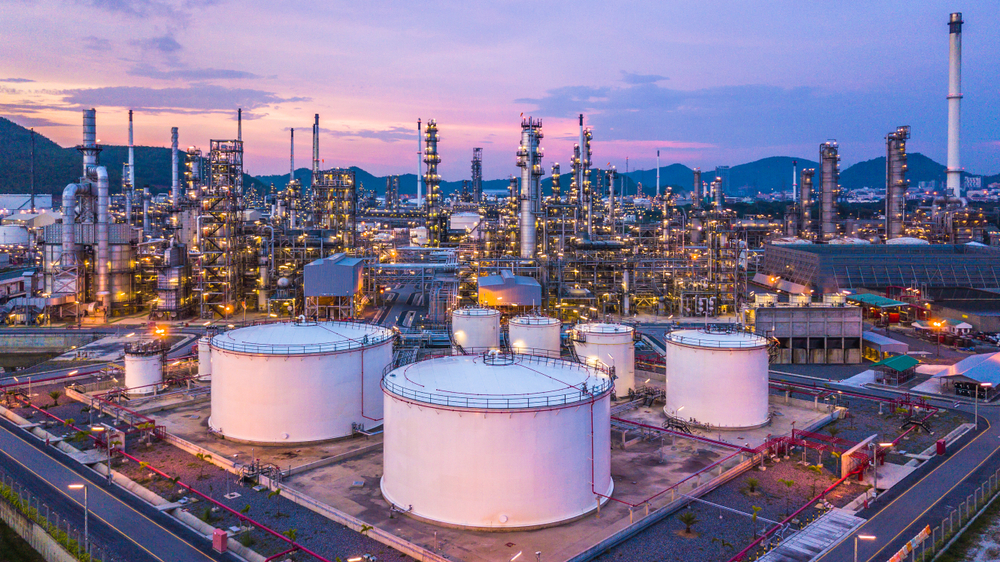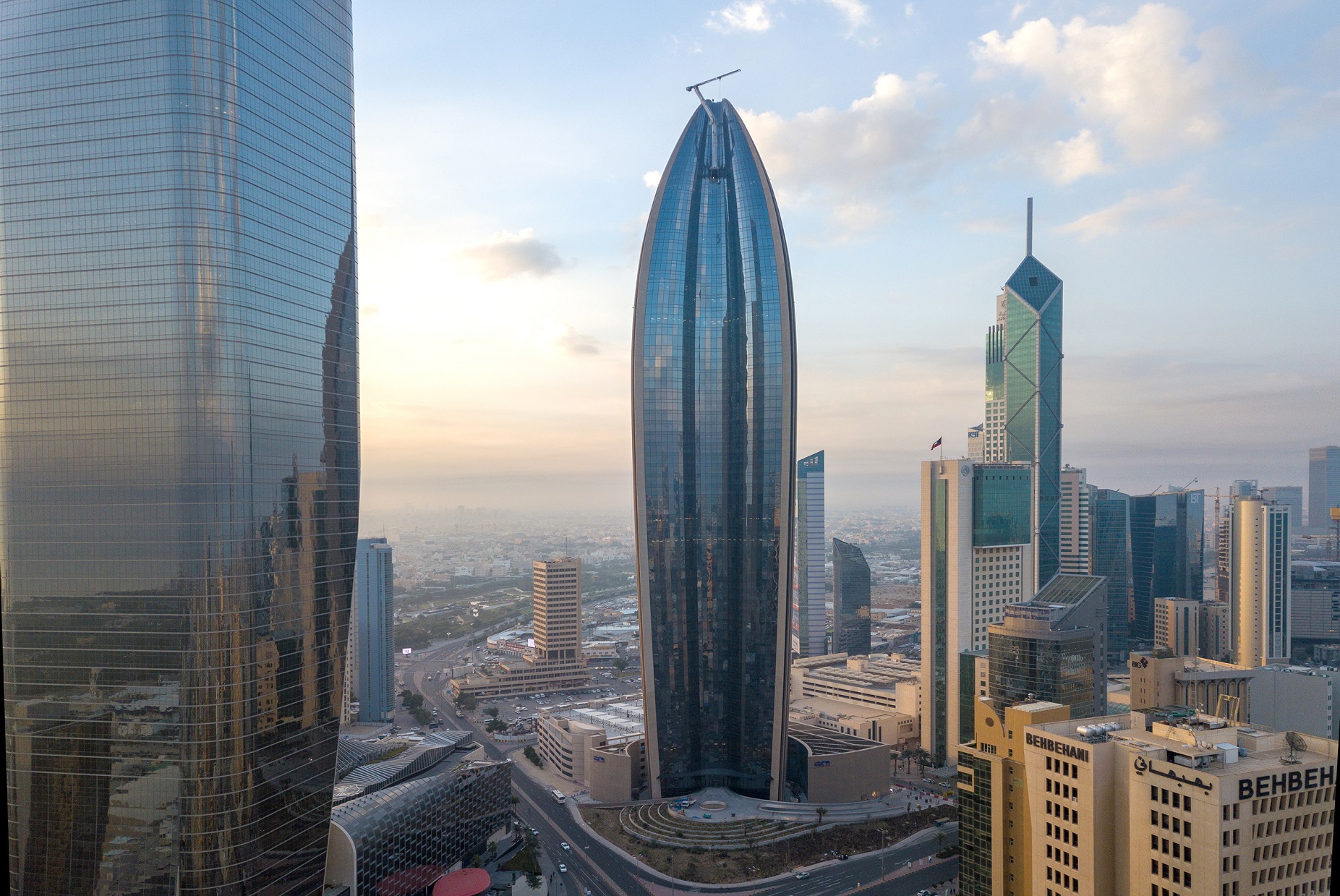Good Moody's analysis of GCC hydrocarbon reliance
21 June, 2021

Rating Agency Moody's Investors Service has published a thoughtful and well-researched analysis of extent to which GCC governments will continue to rely on hydrocarbon revenues in the years ahead.
Key points from the research paper include:
- In 2019, before the pandemic lowered oil prices and output, most GCC governments generated more than a quarter of their national incomes from the extraction of oil and gas. The figures were 45% of GDP in Kuwait, around 35% in Qatar and Oman, and nearly 25% in Saudi Arabia and the UAE. The figure for Bahrain was around 14%. This is high in relation to many other oil exporting countries.
- Low levels of non-oil exports indicate that most GCC economies produce few goods and services that are both internationally competitive and can be produced and exported on a large scale. Meanwhile, large import bills highlight a heavy dependence on imported goods and a low level of import substitution.
- The key difference between the GCC and most other sovereign governments is the effective absence of direct taxes. No GCC government levies property or personal taxes. Some collect corporate income taxes from non-GCC firms but only Oman has a corporate income tax that is payable by firms that are owned by GCC nationals. A large number of foreign companies operating in the region are based in one of the 'free zones' which offer zero income tax regimes.
- No GCC government has indicated that it plans to significantly expand direct taxation. Oman has said that it is studying the implementation of a personal income tax, but that it would be applied only to wealthy individuals. Mohamed bin Salman, the Crown Prince of Saudi Arabia, has recently said that no personal income taxes will be introduced in the Kingdom and that VAT, which was tripled to 15% in 2020, will be lowered to 5-10% by 2025.
- Despite the global agenda to reduce reliance on carbon-based sources of energy, many GCC governments have plans to expand their capacity in the years ahead. Some of this expansion will entail developing downstream industries to produce more value-added products; but it also reflects the belief that oil and gas production elsewhere in the world will decline, in response to higher taxes and more regulation related to carbon-based energy.
- Increases in non-oil income in the GCC have tended to occur when oil prices have been high. This has been due to the availability of financial resources, during times of high oil prices, to drive the expansion of the non-hydrocarbon sector. Although the Moody's report does not make the point, this positive correlation between high oil prices and an increase in non-oil revenue refutes the oft-quoted (but now clearly incorrect) mantra that low oil prices are actually good for GCC governments since it forces them to focus on the development of their non-oil industries. The mantra may be true from a policy perspective, but is not correct in terms of actual economic output.
- In recent years, the increases seen in non-oil GDP, relative to total GDP, have been attributable more to a decline in oil-based GDP than to an increase in non-oil GDP in absolute terms.
The Moody's report, which is dated 21 June 2021, contains many useful graphs and charts to support its hypotheses and is well worth reading. A copy of the report is attached below.
More In
News

Dinner with HRH Prince Khalid bin Bandar Al Saud
09 June, 2025

Digital Banking in the Middle East: A Rebuild in Motion
20 May, 2025
ABA member Comarch on adapting to continual change

Knightsbridge to Dubai
28 March, 2025
ABA member Knightsbridge is opening offices in Dubai

Progress in Refining Anti Money Laundering Software
24 March, 2025
Encouraging results from trials in UAE

How to Manage Change Successfully
17 March, 2025
Ensuring the right foundations for digital transformation

Robust Performance by NBK
14 March, 2025
Strong results from NBK during 2024


